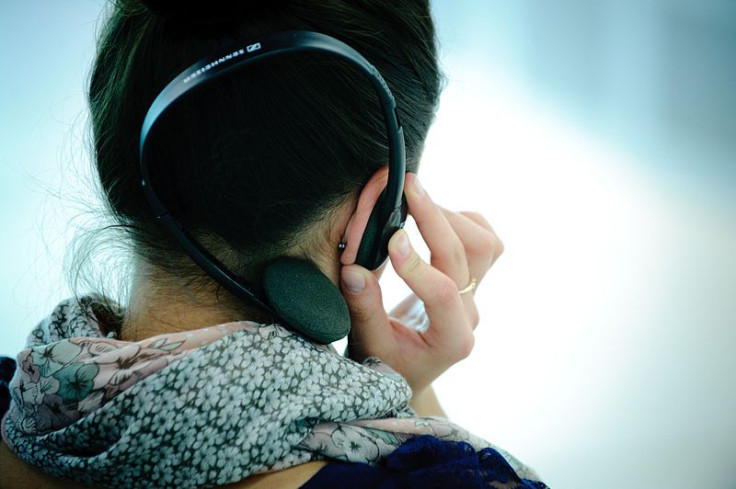Different Songs With the Same Beat Can Subconsciously Affect a Walker's Stride

If you listen to music while walking around, then chances are you've noticed at least once, that you were walking to the beat. Whether it was techno music, reggae, heavy metal, or hip-hop, you probably noticed that every step you took coincided with a beat in the music. A new study has found, however, that even when beats are the same in varying types of music, other components of the music influence the length of a person's stride, and therefore, their overall walking speed.
Researchers had participants listen to 52 different types of music — all had the same tempo at 130 beats per minute — while they walked in a circle for about 16 minutes. They were told to match their footsteps to the beats, and all the information regarding their speed compared to the music was transferred to a computer via sensors attached to various parts of their body.
Even with certain variables accounted for, including a person's height and weight, the participant's walked faster during "activating" songs, which meant they took larger steps, and slower during "relaxing" songs in which they took smaller steps.
"This shows that we can indeed identify music that is activating or relaxing compared to metronome ticks (or neutral music) with the same tempo," they wrote in the study.
Two days after the experiment, the participants filled out a survey while listening to the same songs they walked to. They had to rate the songs on a scale, based on nine pairs of adjectives, including good-bad, easy-difficult, tender-aggressive, and stuttering-flowing.
They found that the music that increased their walking speed was most frequently described as aggressive, loud, fast, and stuttering. The music that was associated with slower walking speed produced adjectives such as tender, soft, slow, fluent. What's more, personal taste didn't factor into these results, because adjectives such as sad-happy, easy-difficult, and unknown-known showed no difference in perception between activating and relaxing.
"Music tones up or tones down your walking stride depending on musical style, even when tempo is the same," Marc Leman, of Ghent University in Belgium, and lead author of the study, said in a news release. "This offers perspectives for sports and physical rehabilitation."
Leman and his team believe these results, along with previous knowledge that music generally motivates people to move, can help injured people move at a faster pace without realizing it.
Music as therapy has also been shown to have direct physiological effects through the nervous system. A 2005 study found that it can enhance well-being, reduce stress, and distract patients from unpleasant symptoms. It can even indirectly modify caregiving behavior, improving empathy, compassion and relationship-centered care while avoiding errors and interference with technical aspects of care.
Source:
Leman M, Varewyck M, Styns F, et al. Activating and Relaxing Music Entrains the Speed of Beat Synchronized Walking. PLOS One. 2013.
Published by Medicaldaily.com



























